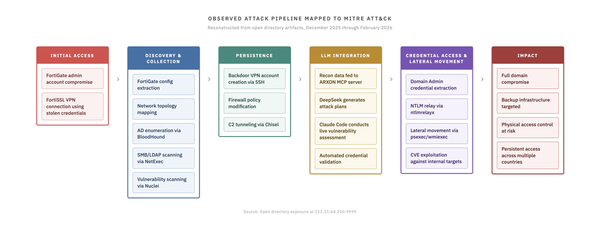CISA says it will rebuild with more staff in 2026 to redress cuts in 2025
Microsoft’s Azure cloud computing service was hit with 15.7 Tbps DDoS attack, Russian telecom Protei was hacked and site defaced, Companies warn of inflexibility if UK bans ransom payments, A crew of companies reject efforts to weaken encryption, 460k FTSE compromised credentials found, much more





